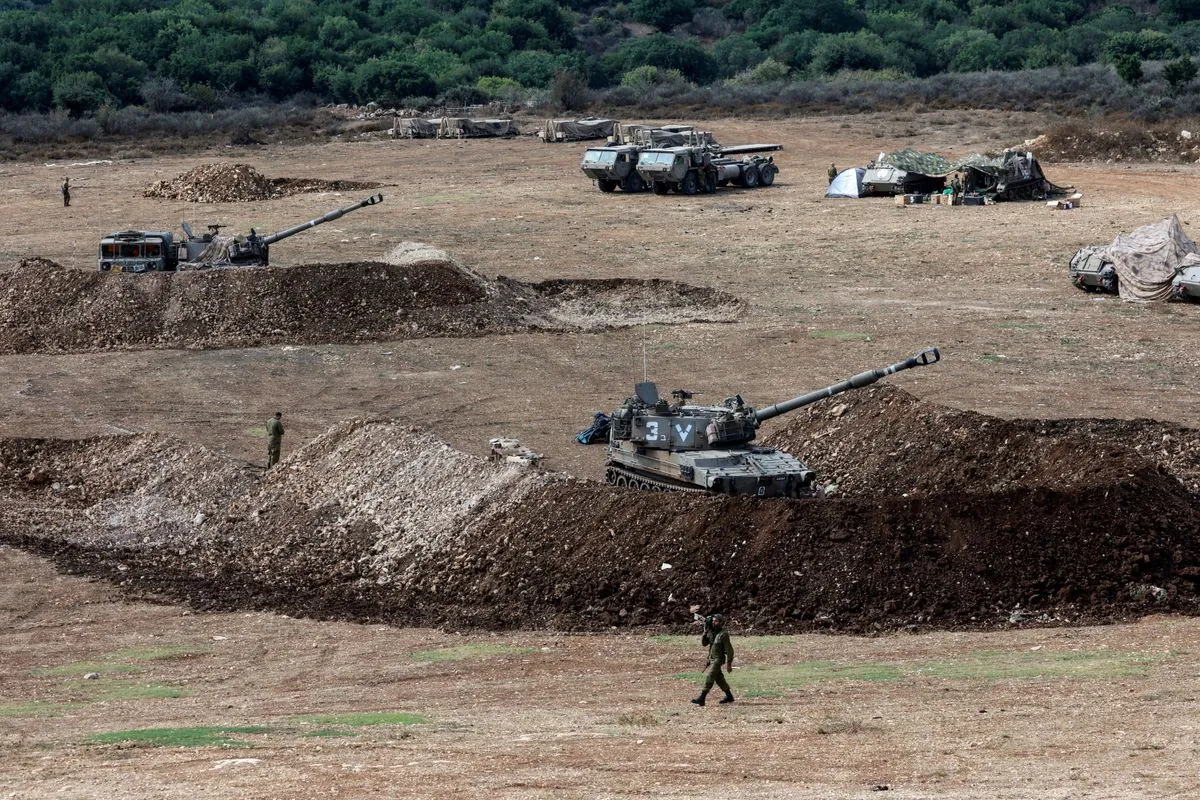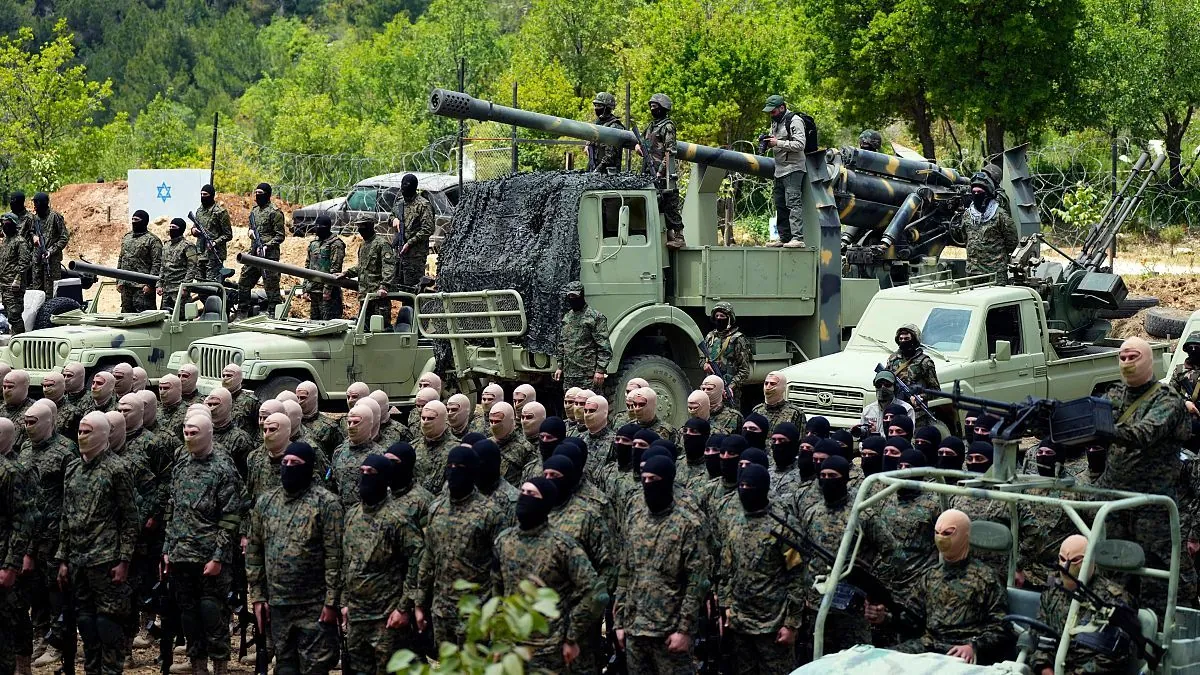Israeli Offensive in Lebanon: Casualties Mount as Conflict Intensifies
Eight Israeli soldiers killed in Lebanon, marking first fatalities in ground campaign against Hezbollah. Israel engages in close-range firefights, signaling potential for larger offensive despite current limited operations.

Israel's military operations in Lebanon have taken a deadly turn, with eight soldiers losing their lives in three separate incidents. This marks the first fatalities in the ground campaign against Hezbollah, a Shia Islamist political party and militant group founded in 1985. The Israel Defense Forces (IDF) reported these casualties along with seven serious injuries, highlighting the potential human cost of an expanded offensive.
The IDF has described its current operations as "limited, localized and targeted" raids within a few miles of the border. However, the presence of numerous tanks and thousands of troops in the north suggests preparations for a more extensive campaign. This development comes approximately one year after Hezbollah began firing rockets into northern Israel, following a Hamas-led attack in southern Israel that resulted in significant casualties and hostage-taking.
Israel's Prime Minister Benjamin Netanyahu has committed to continuing strikes against Hezbollah "with full force" until displaced residents can return to the northern border. The IDF estimates that between 2,000 to 3,000 elite Hezbollah fighters, known as the Radwan Force, operate within two miles of the border, with an additional 6,000 to 8,000 militants stationed within six miles.

The current situation has revived memories of Israel's 2006 invasion of Lebanon, which resulted in significant casualties. This history, combined with Hezbollah's extensive military infrastructure along the border, including attack tunnels, presents a complex challenge for Israeli forces.
Hezbollah, which receives substantial support from Iran, has been involved in multiple conflicts with Israel and maintains a vast network of social services in Lebanon. The group's military wing is estimated to have tens of thousands of fighters, and its rocket arsenal is believed to be larger than that of many nation-states.
As the conflict intensifies, debates have emerged regarding the establishment of a "buffer zone" in Lebanese territory. Far-right Israeli politicians have called for such a measure, while others warn of the potential risks and complications it could entail.
"We're not going to Beirut. We're not going to the cities in southern Lebanon."
However, the IDF has ordered residents of 30 villages in southern Lebanon to evacuate, indicating the potential for expanded operations.
The situation is further complicated by Hezbollah's strong presence in Lebanese politics and its complex relationship with the Lebanese Armed Forces. The group's involvement in international affairs, including its support for the Syrian government and alleged involvement in various global activities, adds layers of complexity to the conflict.
As Israel pursues military options, experts emphasize the eventual need for a diplomatic resolution to avoid a prolonged engagement in Lebanon. The current offensive against Hezbollah is part of a broader effort by Israel to address threats from Iran-backed proxies on its borders and beyond.
The international community watches closely as the situation unfolds, with concerns about regional spillover and humanitarian consequences. As of now, the Israeli military has conducted over 3,600 airstrikes in Lebanon, resulting in significant displacement of the local population.


































